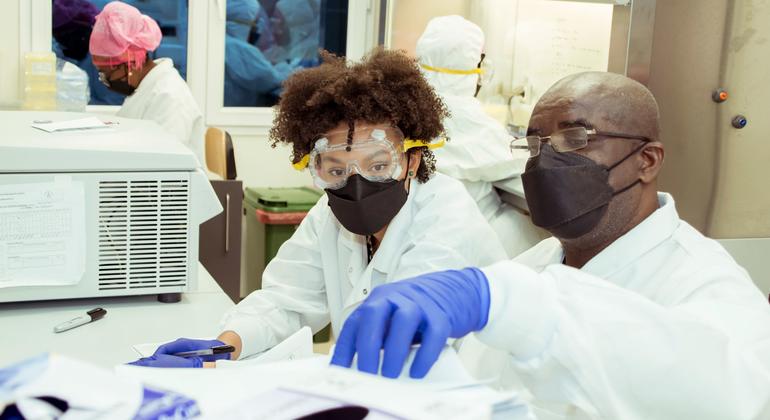World Food Safety Day highlights need to improve health, prevent foodborne risks |

[ad_1]

Benefits of safe food for well-being include improved nutrition and reduced absenteeism in schools and in the workplace.
According to the Food and Agriculture Organization (FAO), only when food is safe can we fully benefit from its nutritional value and from the mental and social benefits of sharing a safe meal.
“Unsafe foods are the cause of many diseases and contribute to other poor health conditions, such as impaired growth and development, micronutrient deficiencies, noncommunicable or communicable diseases and mental illness,” said FAO.
Avoidable illness
Foodborne diseases affect one in 10 people worldwide each year, ranging from diarrhoea to cancers. Fortunately, most are preventable.
The way we build food systems and supply chains can prevent infectious and toxic hazards, as well as microbial pathogens (bacteria, viruses and parasites), chemical residues, and biotoxins, from reaching our plates.
“We need to transform food systems to deliver better health, and we need to do so in a sustainable manner,” said FAO. “Food systems policy makers, practitioners and investors should reorient their activities to increase the sustainable production and consumption of safe foods.”
The UN agency also reminded that systemic changes for better health will lead to safer food – a critical enabler of long-term development and a prerequisite to achieve the Sustainable Development Goals (SDGs).
[ad_2]




